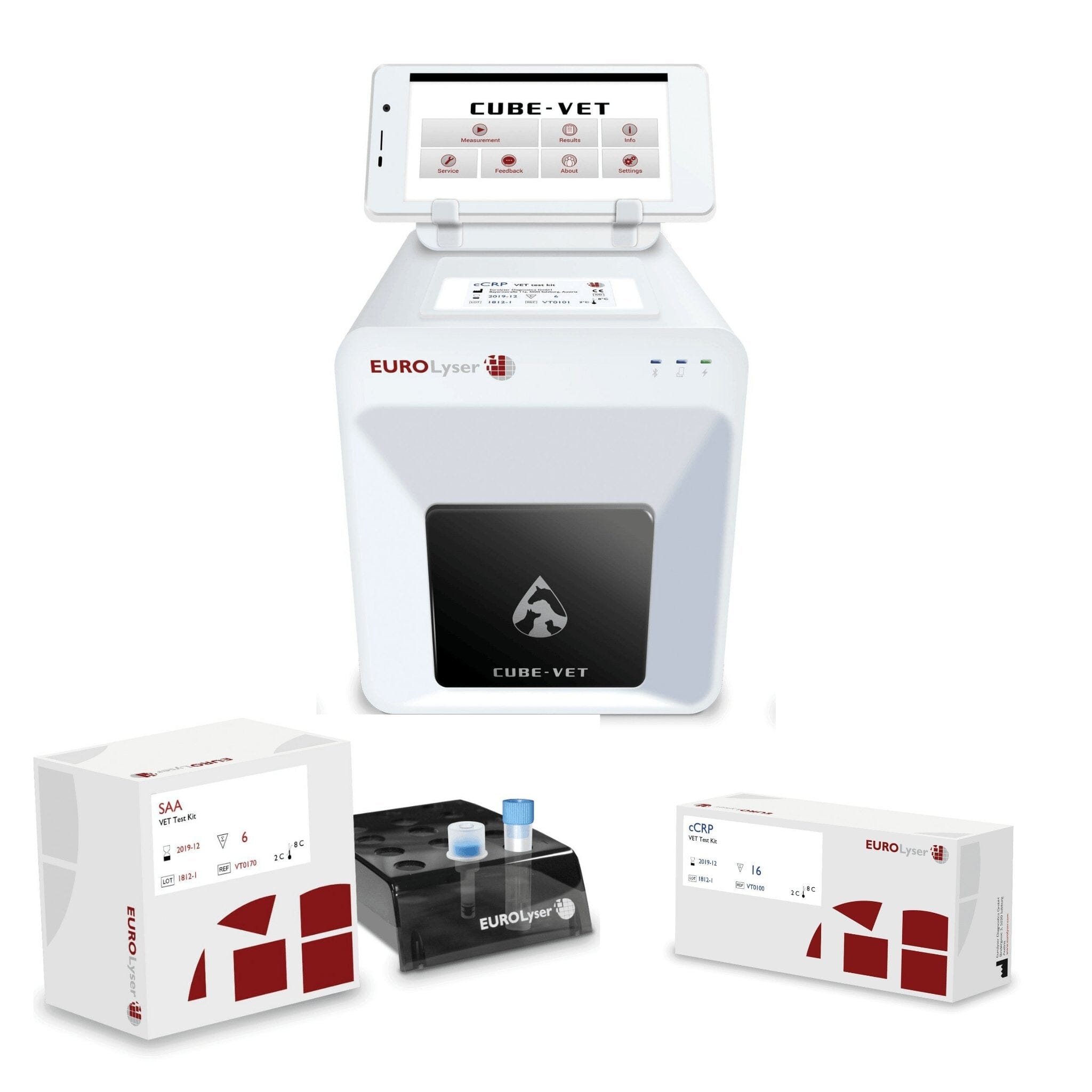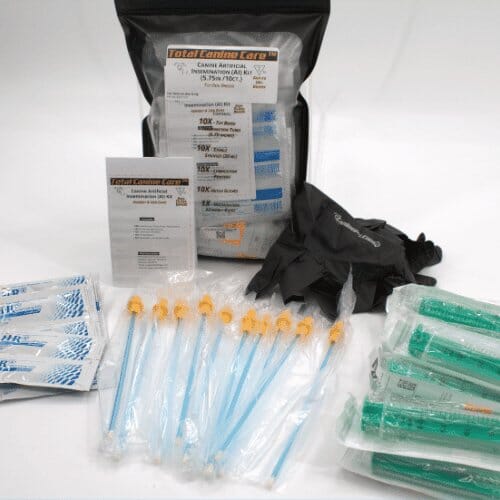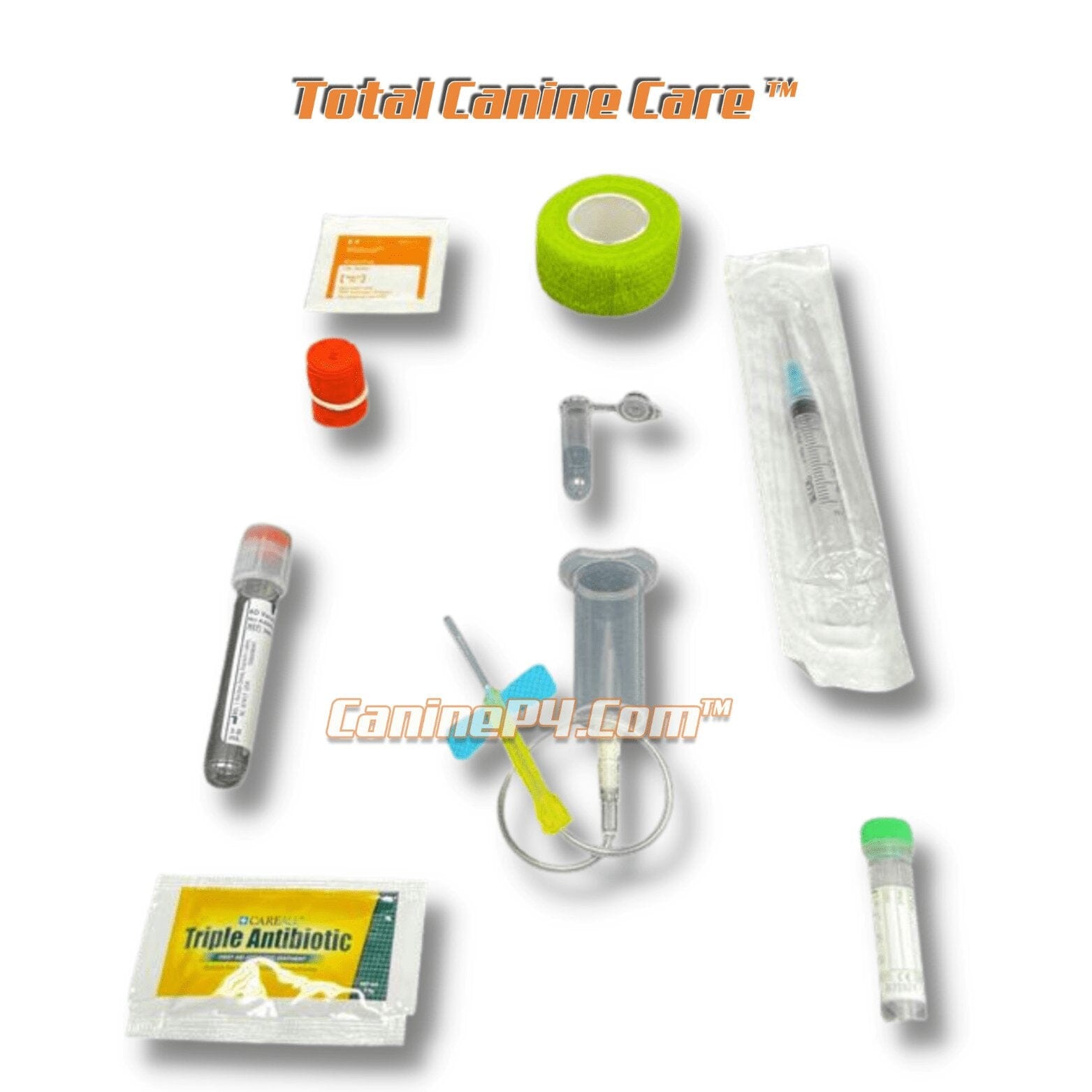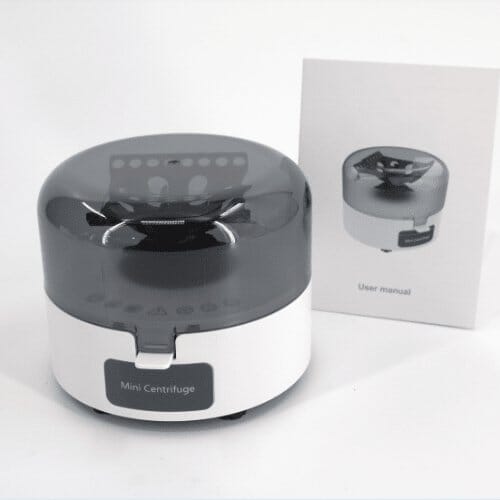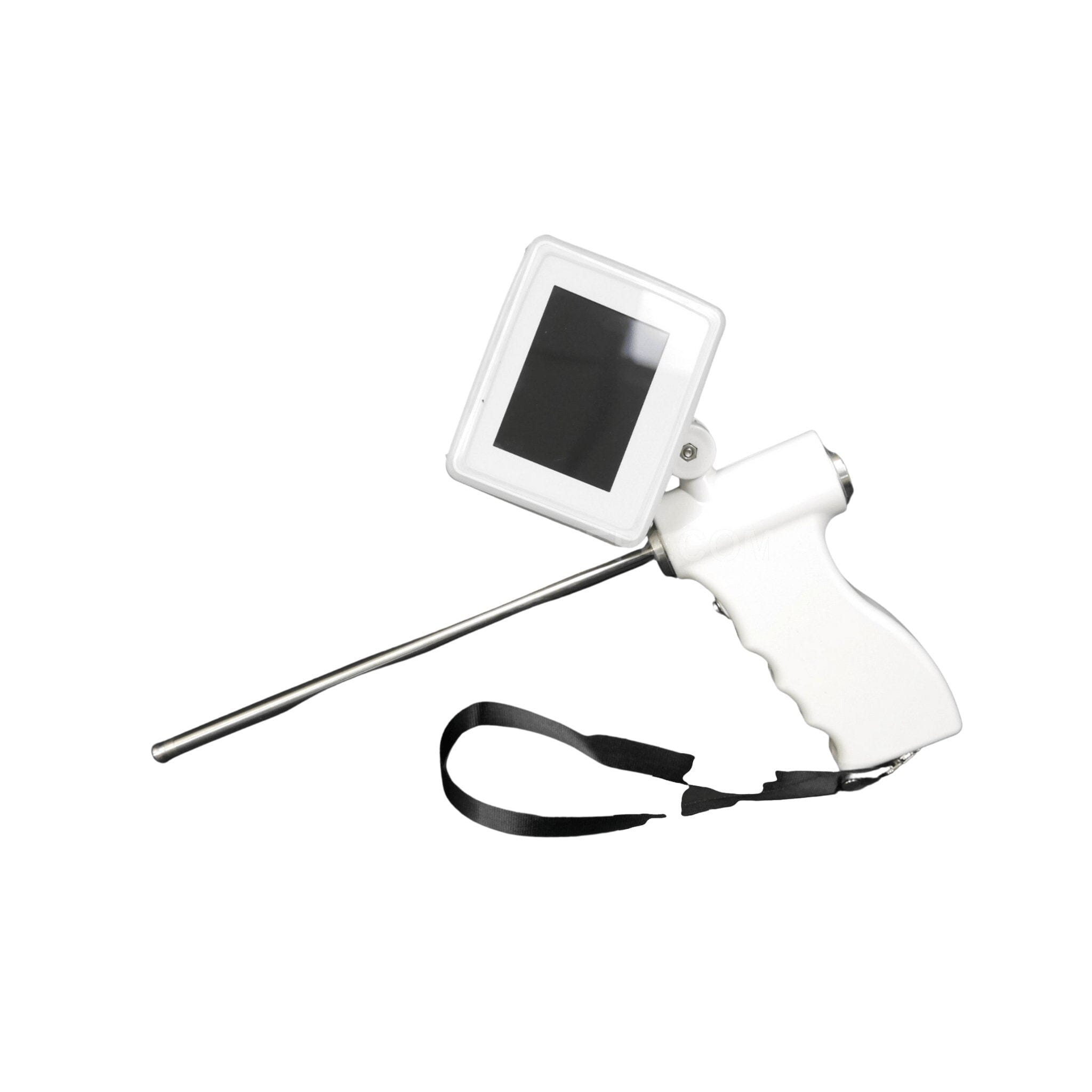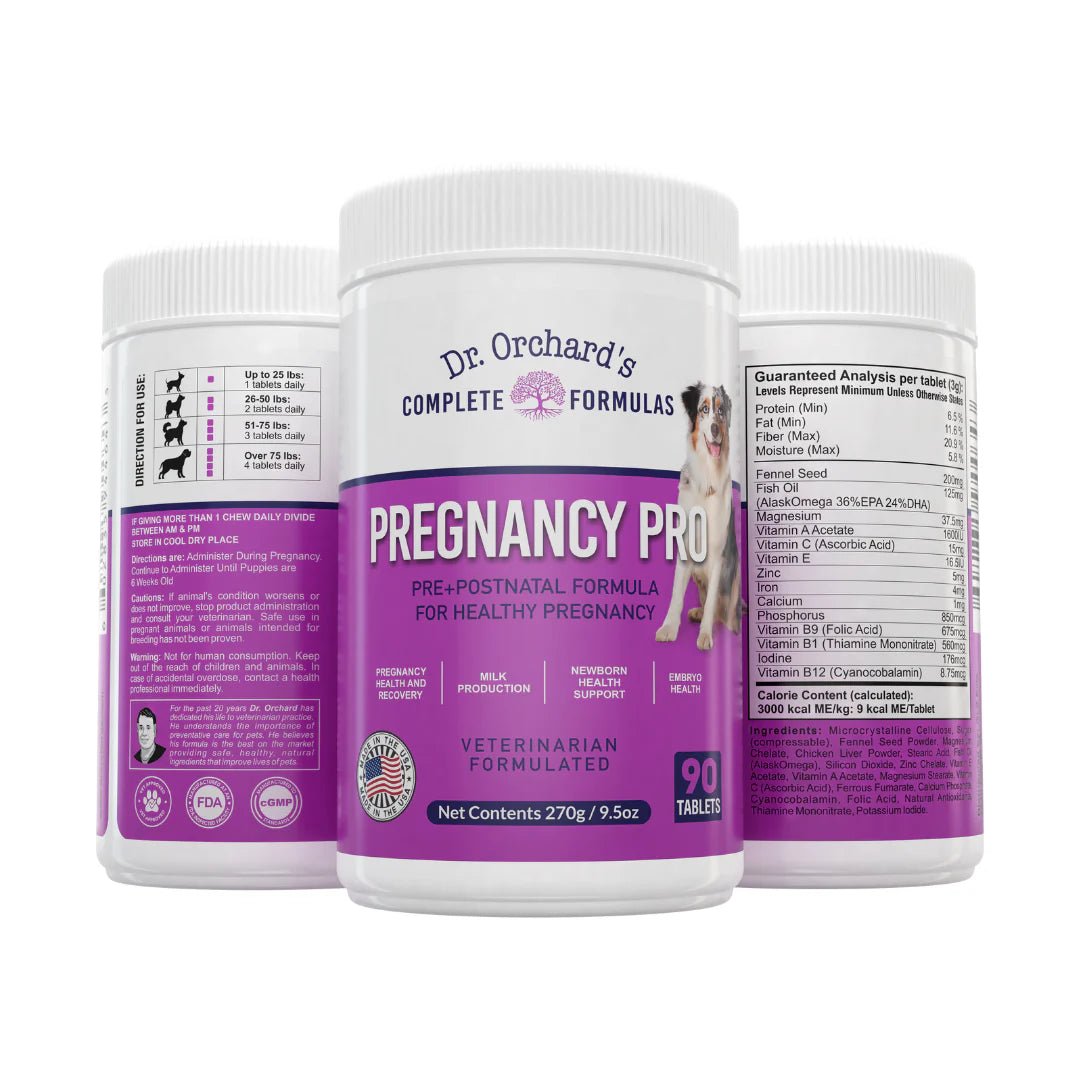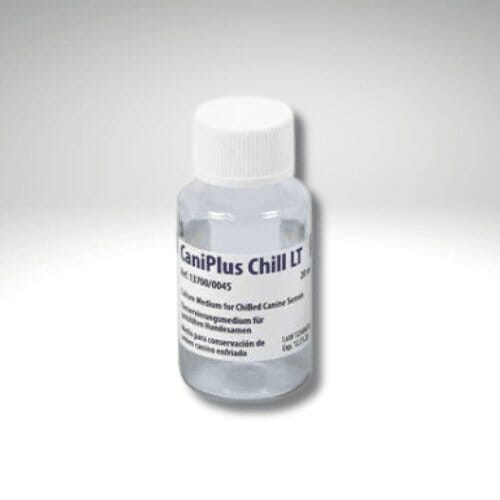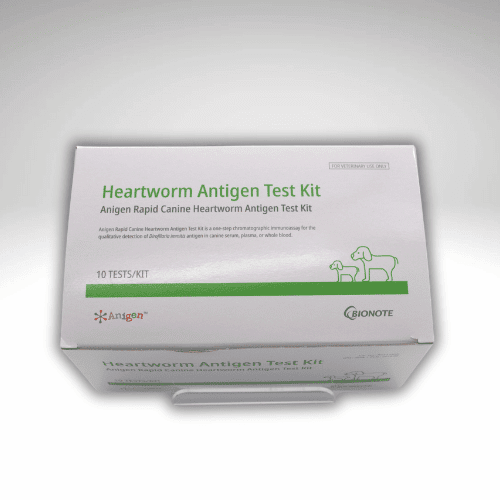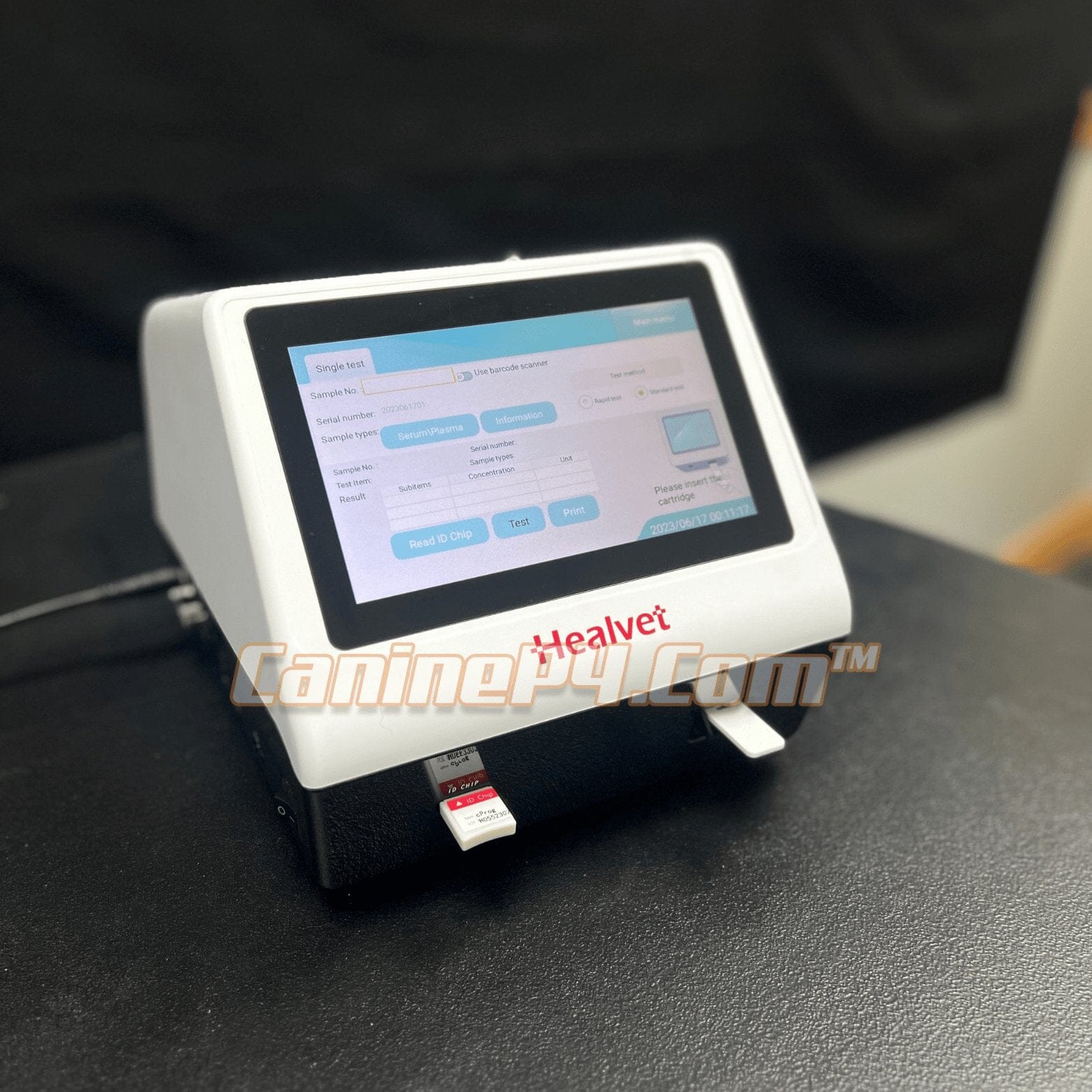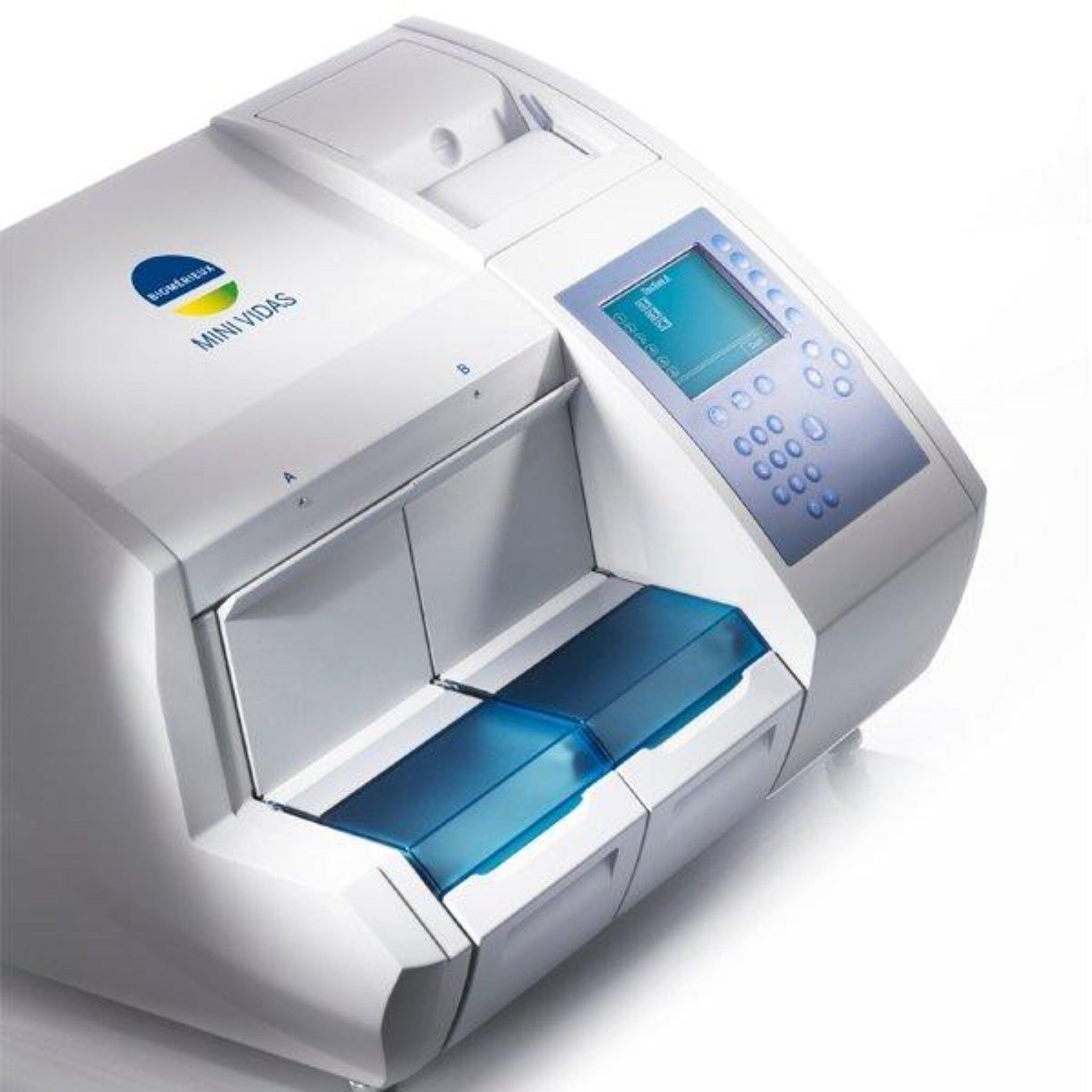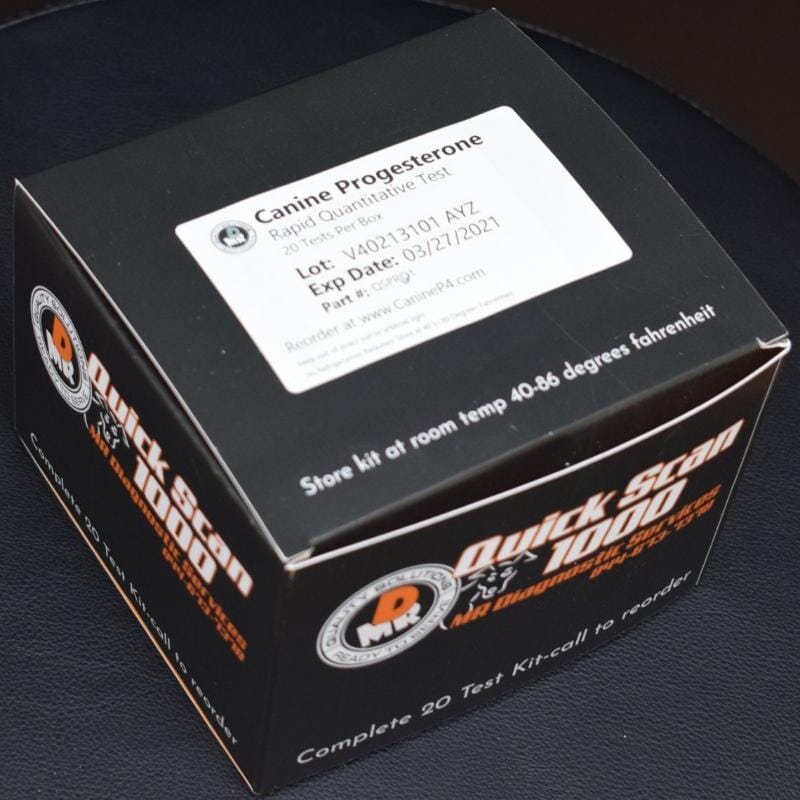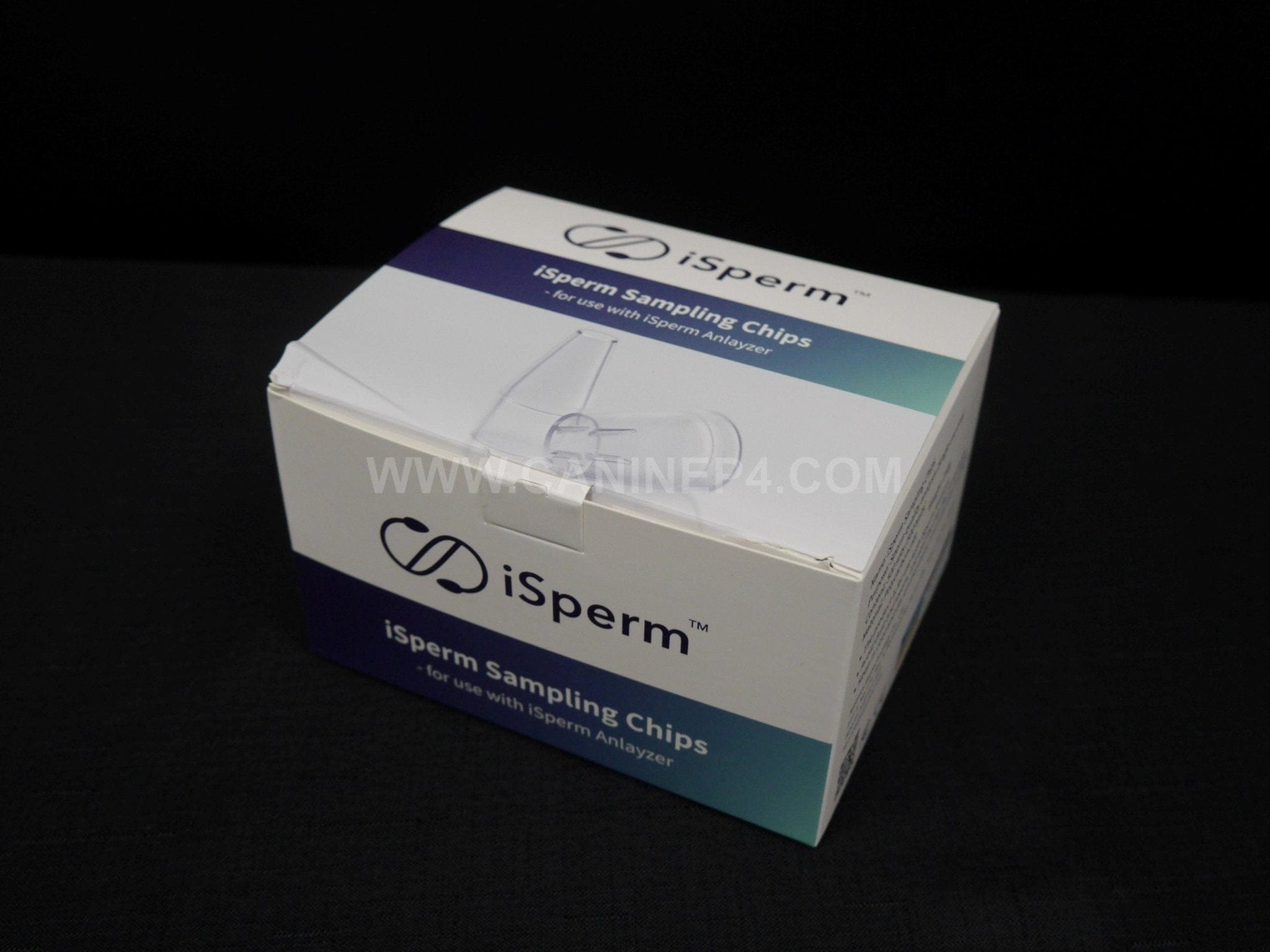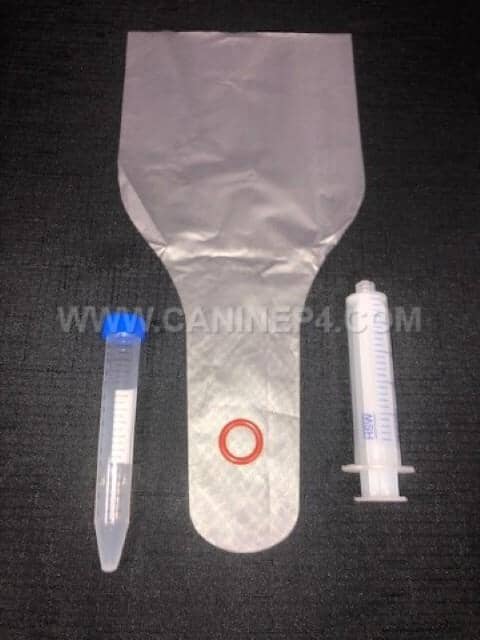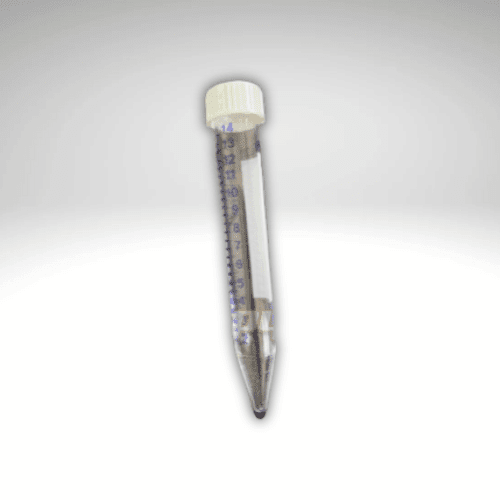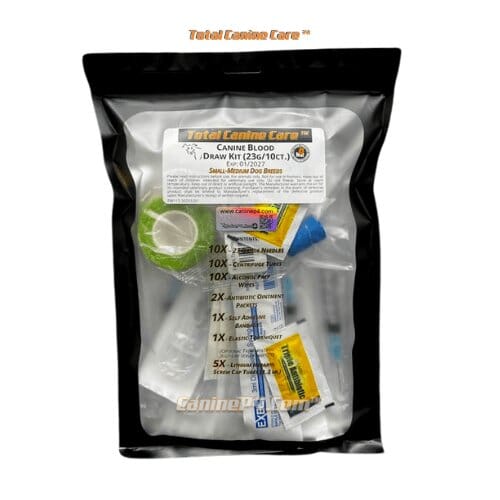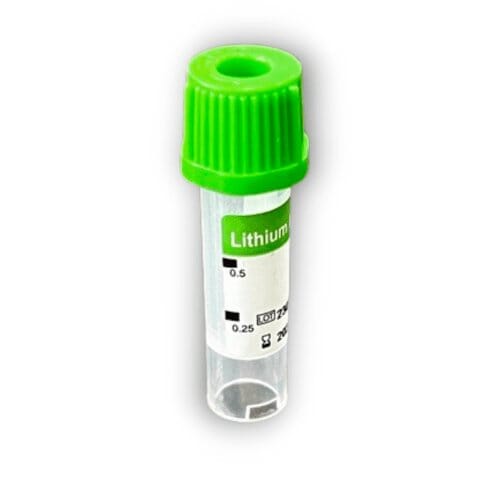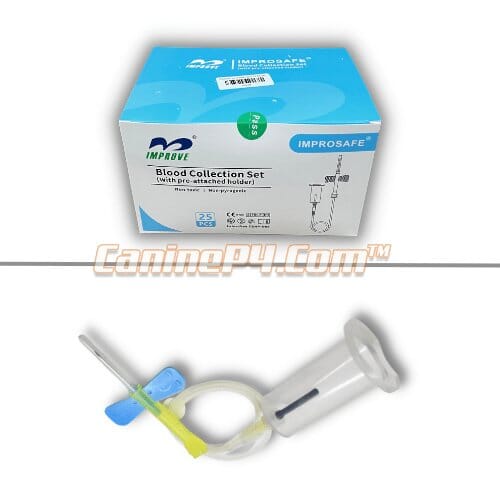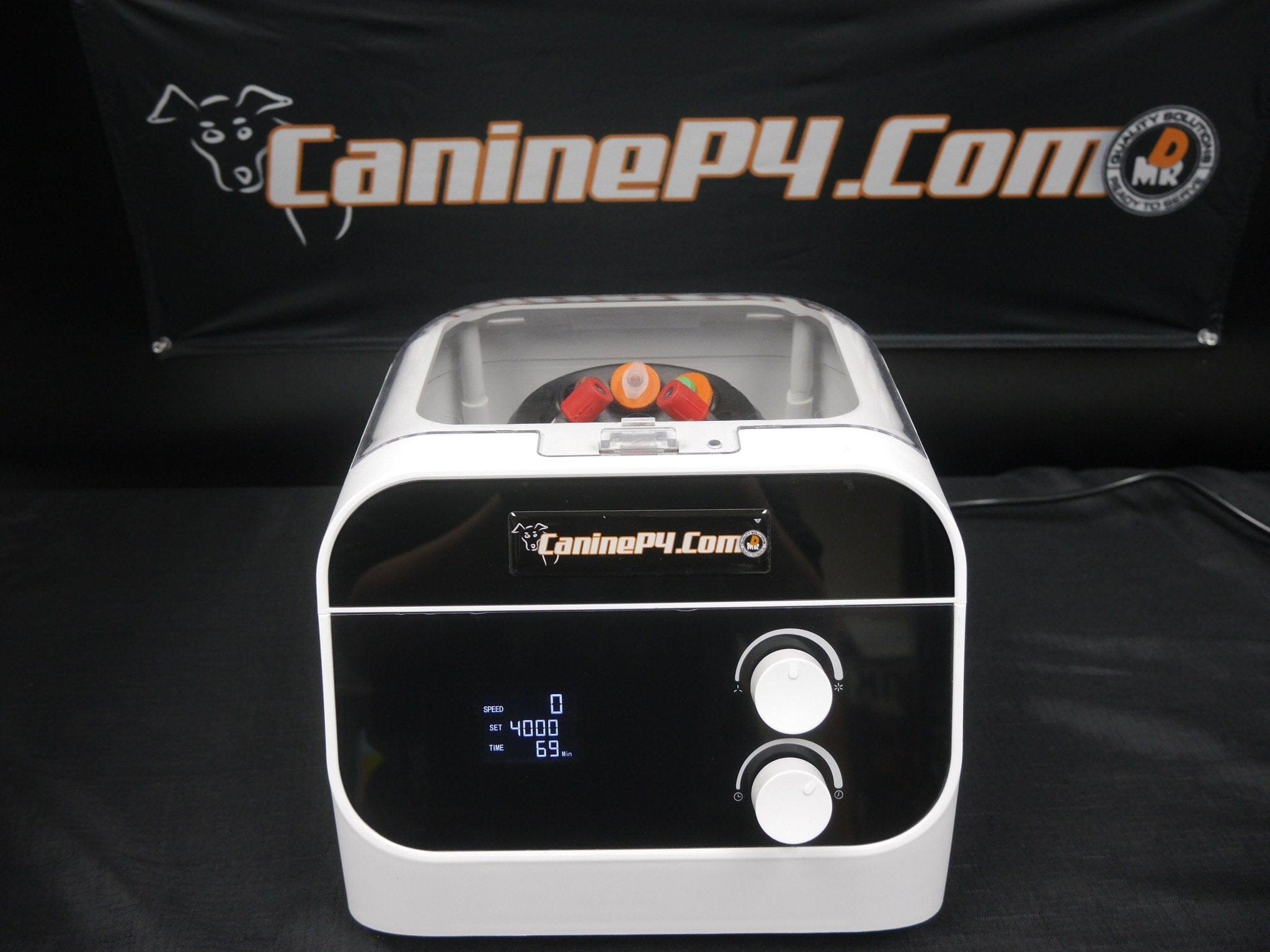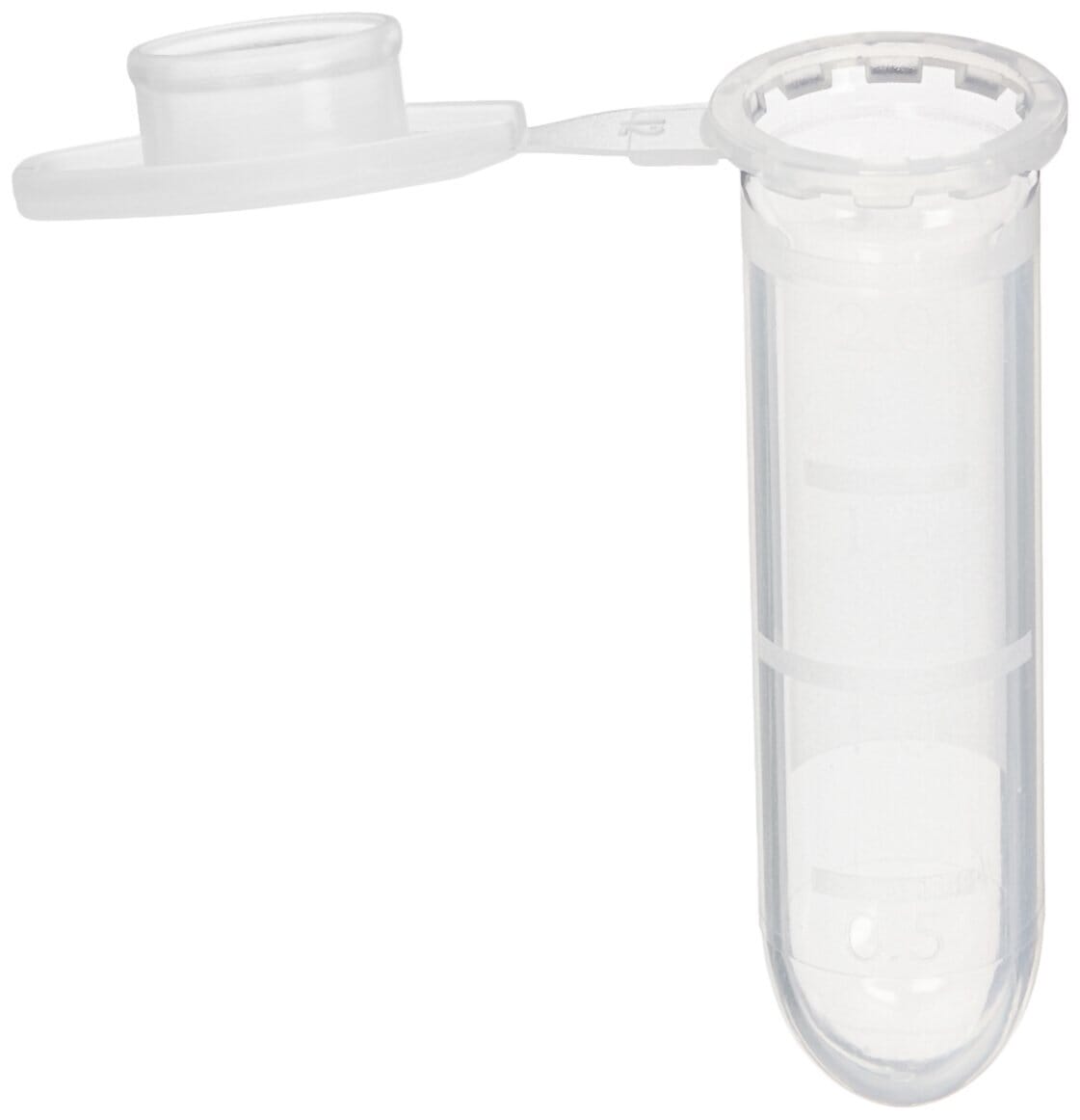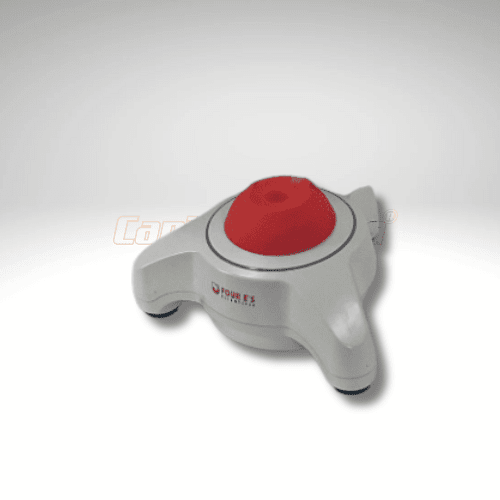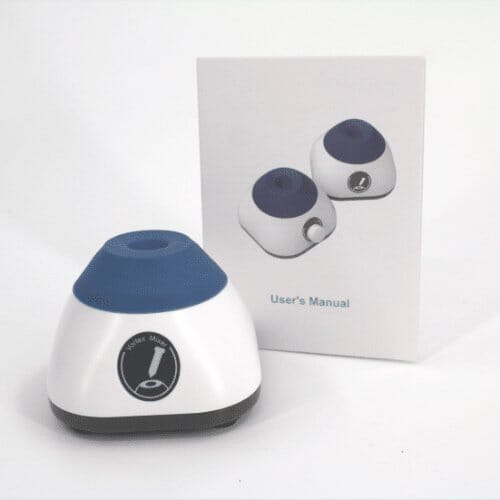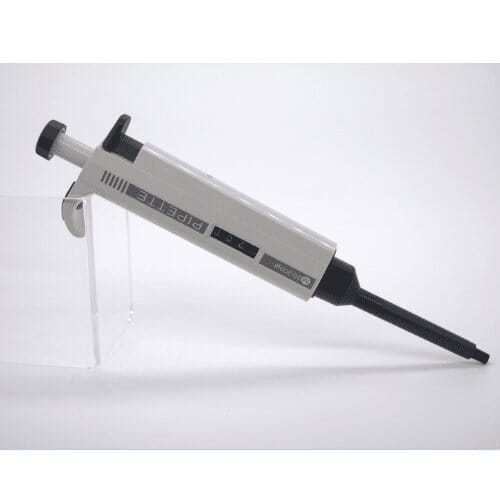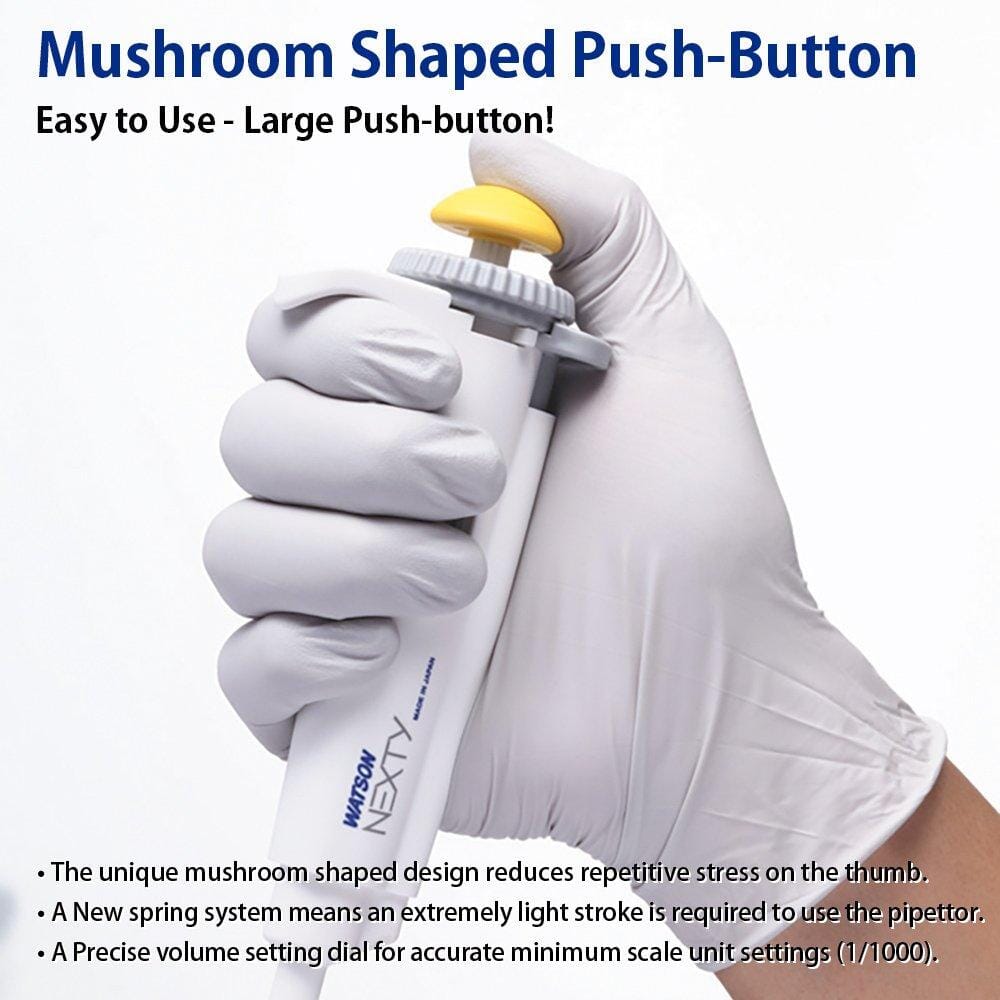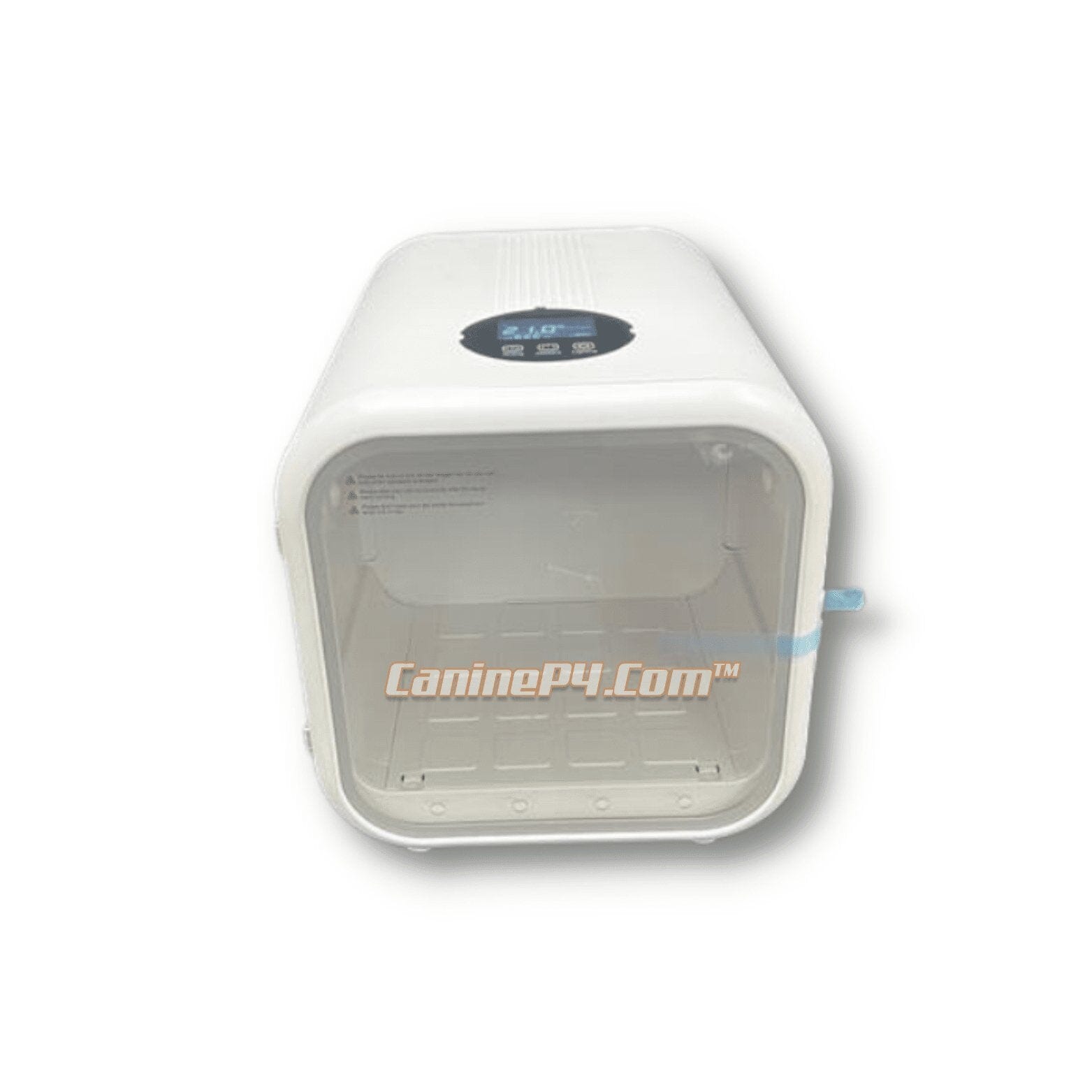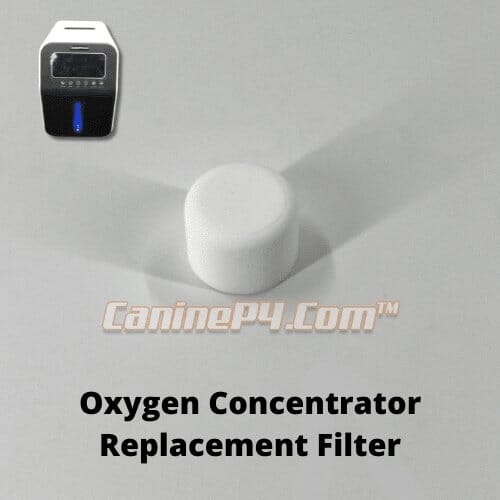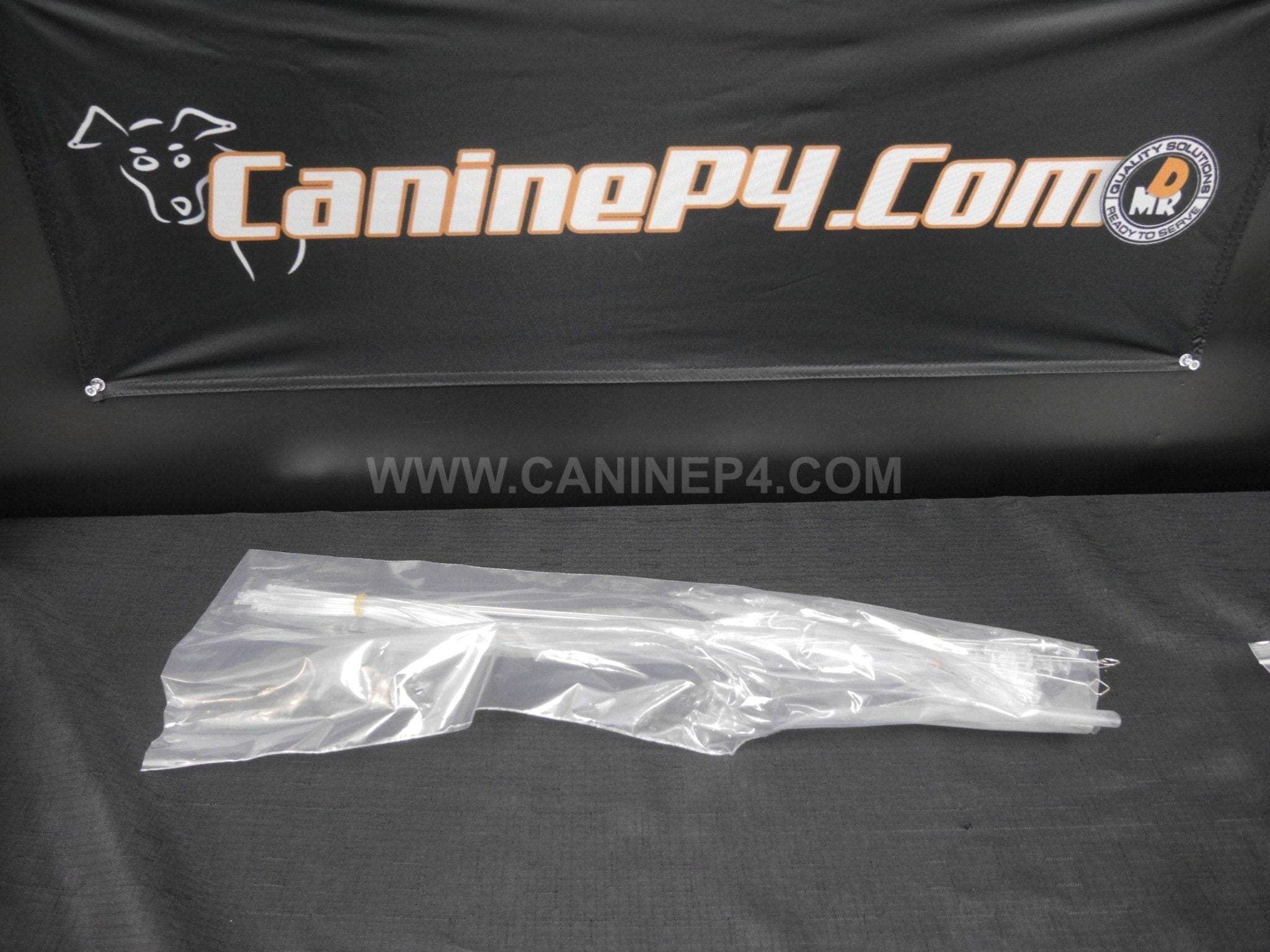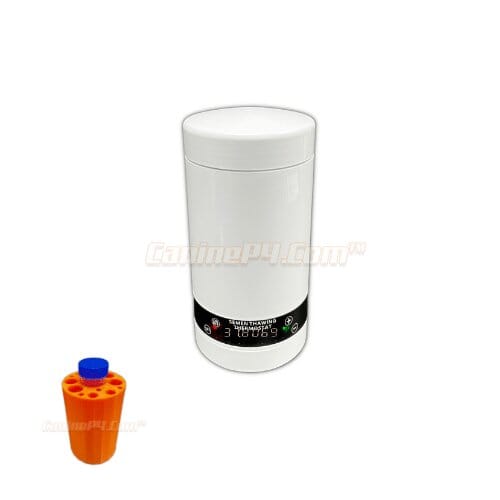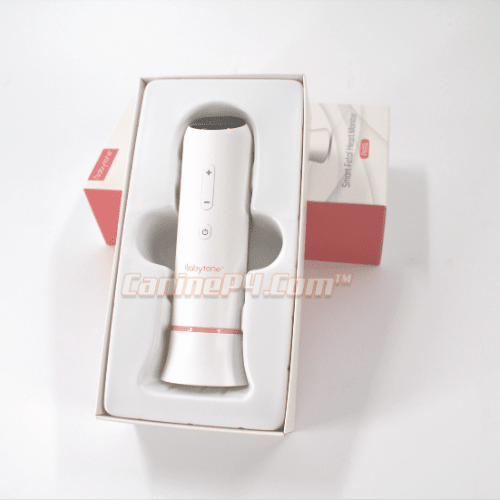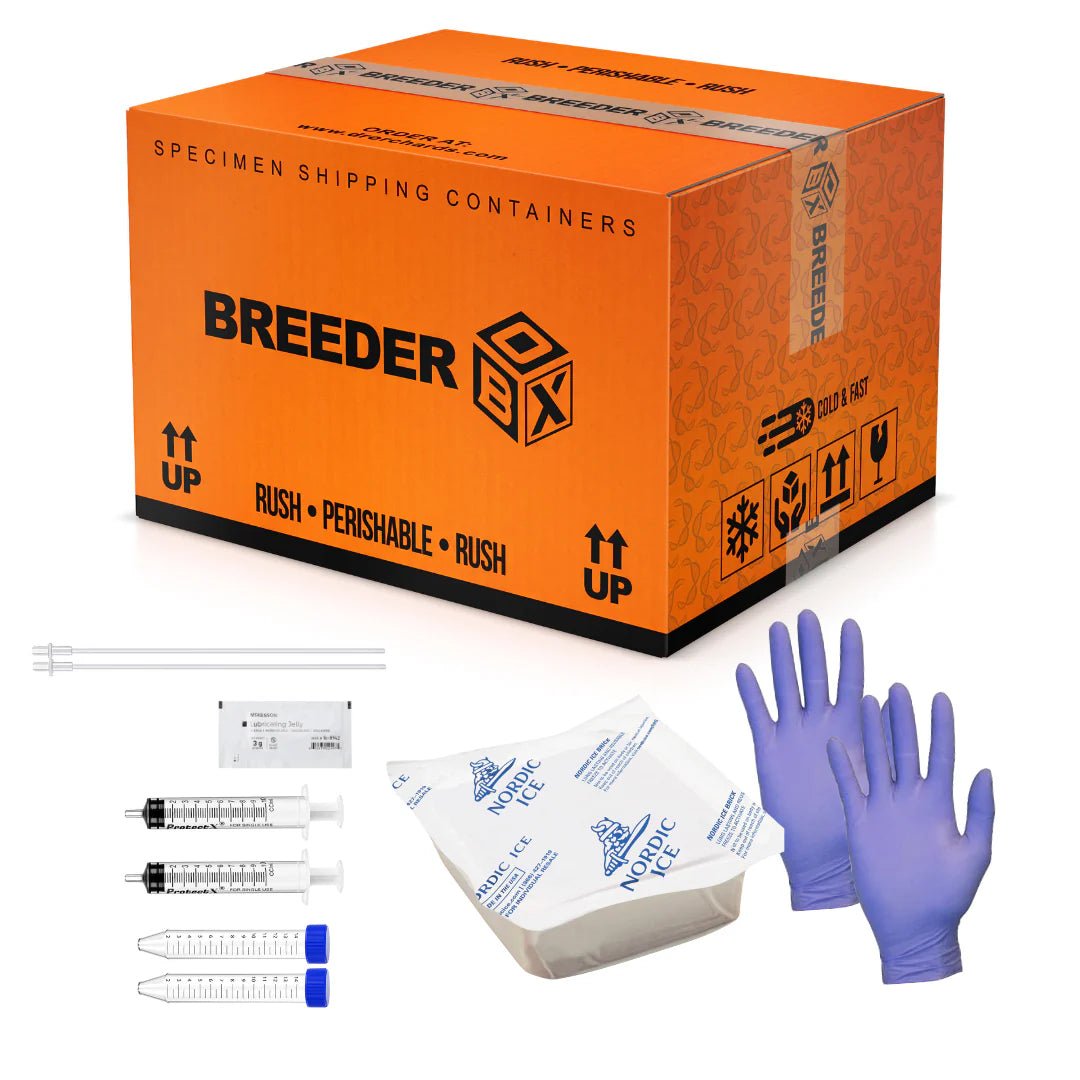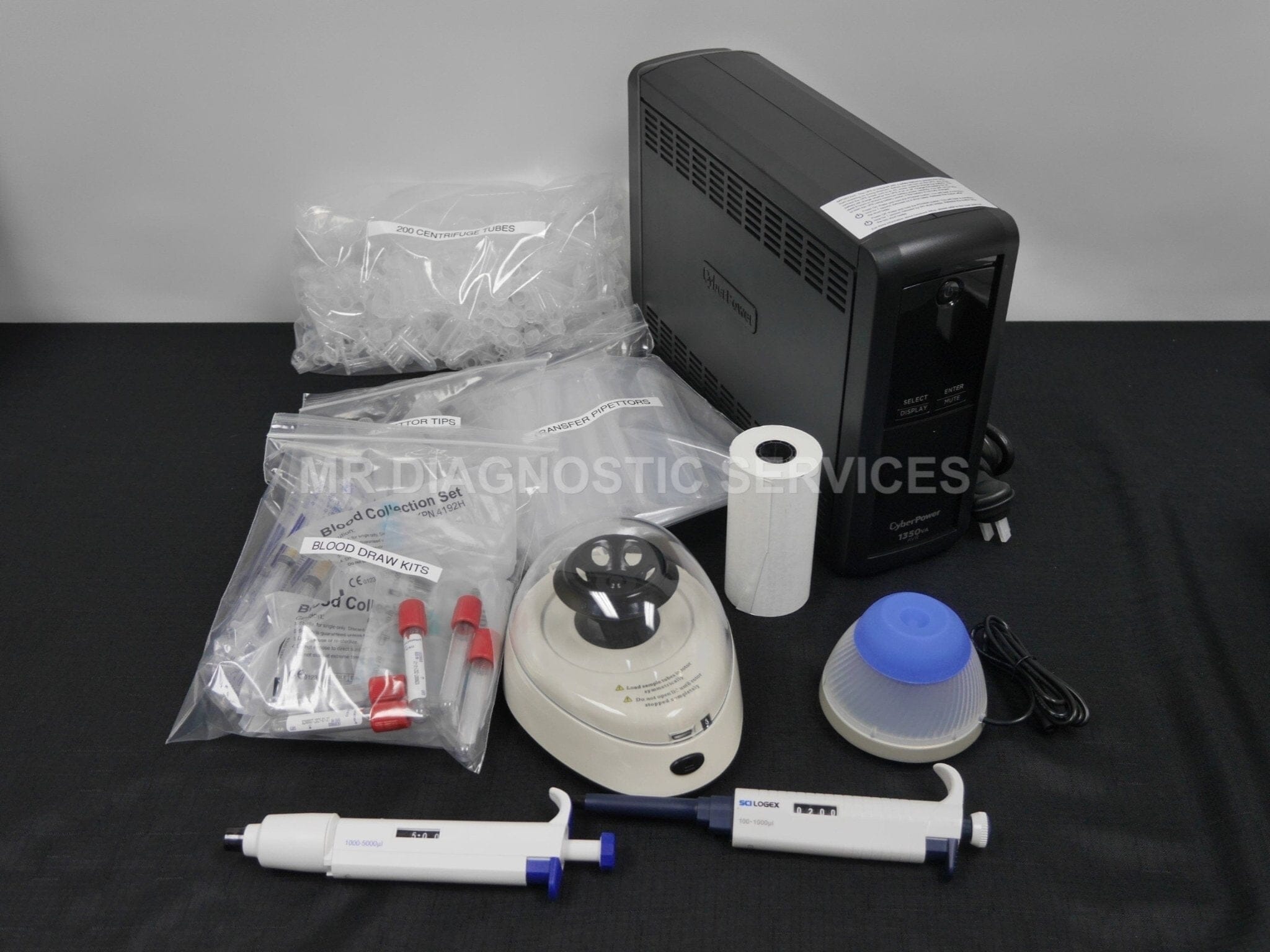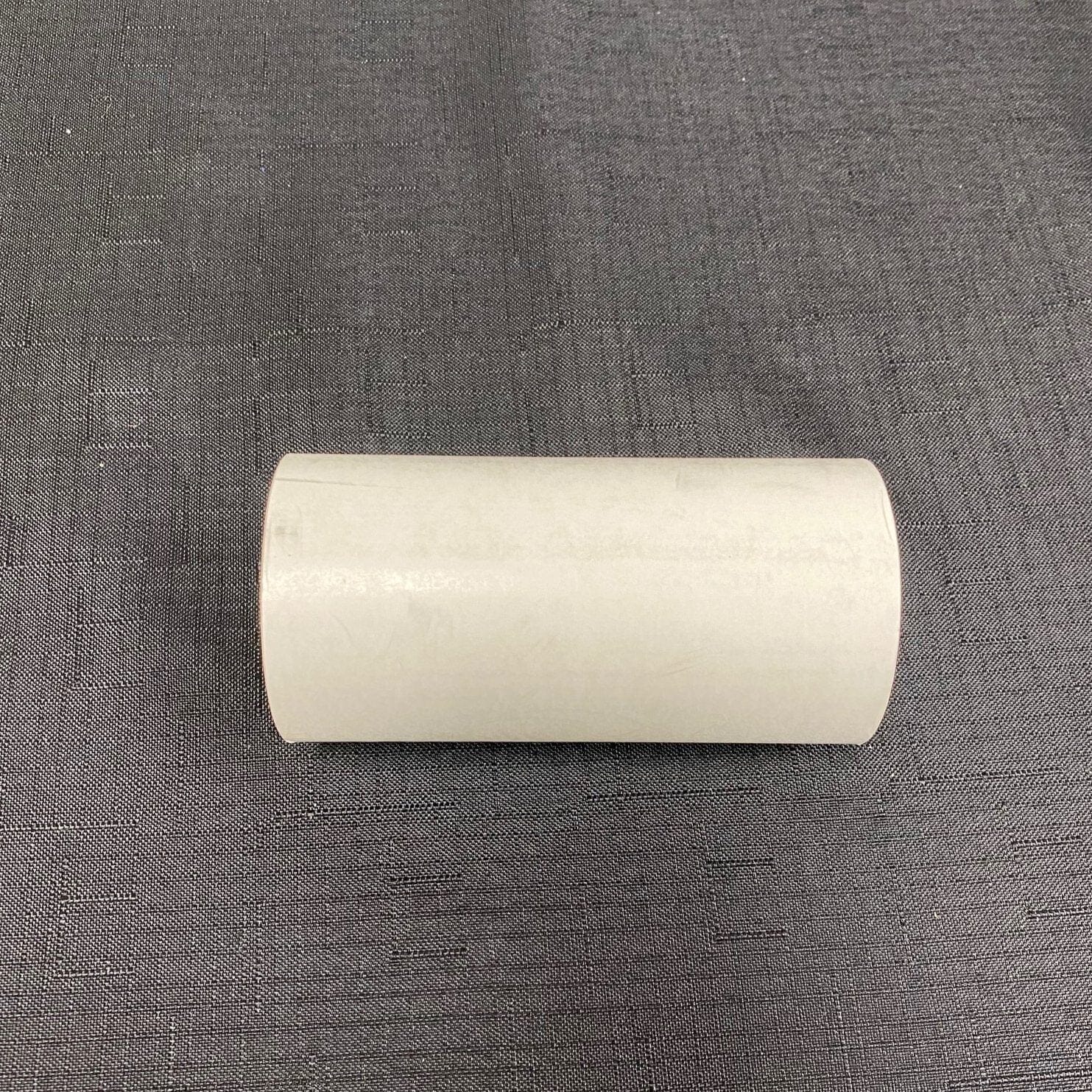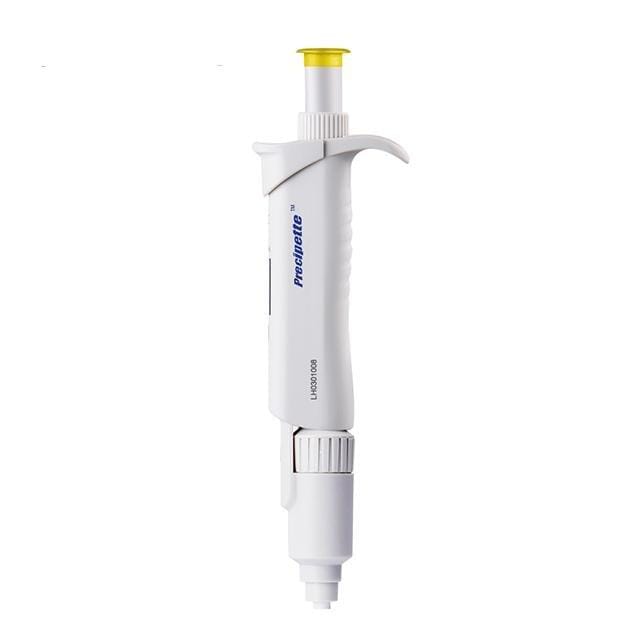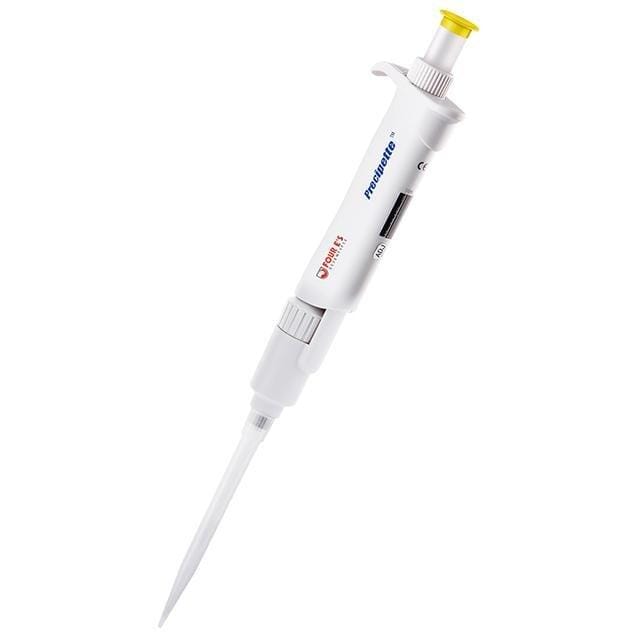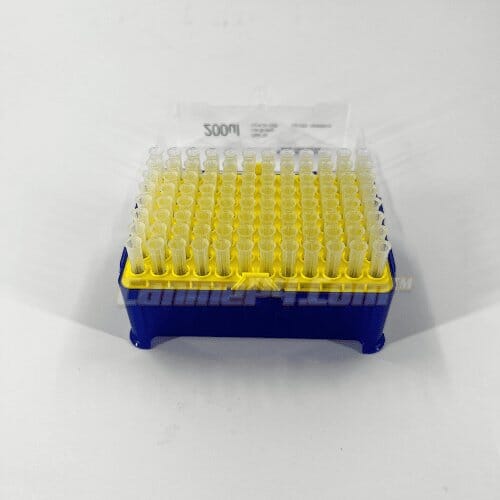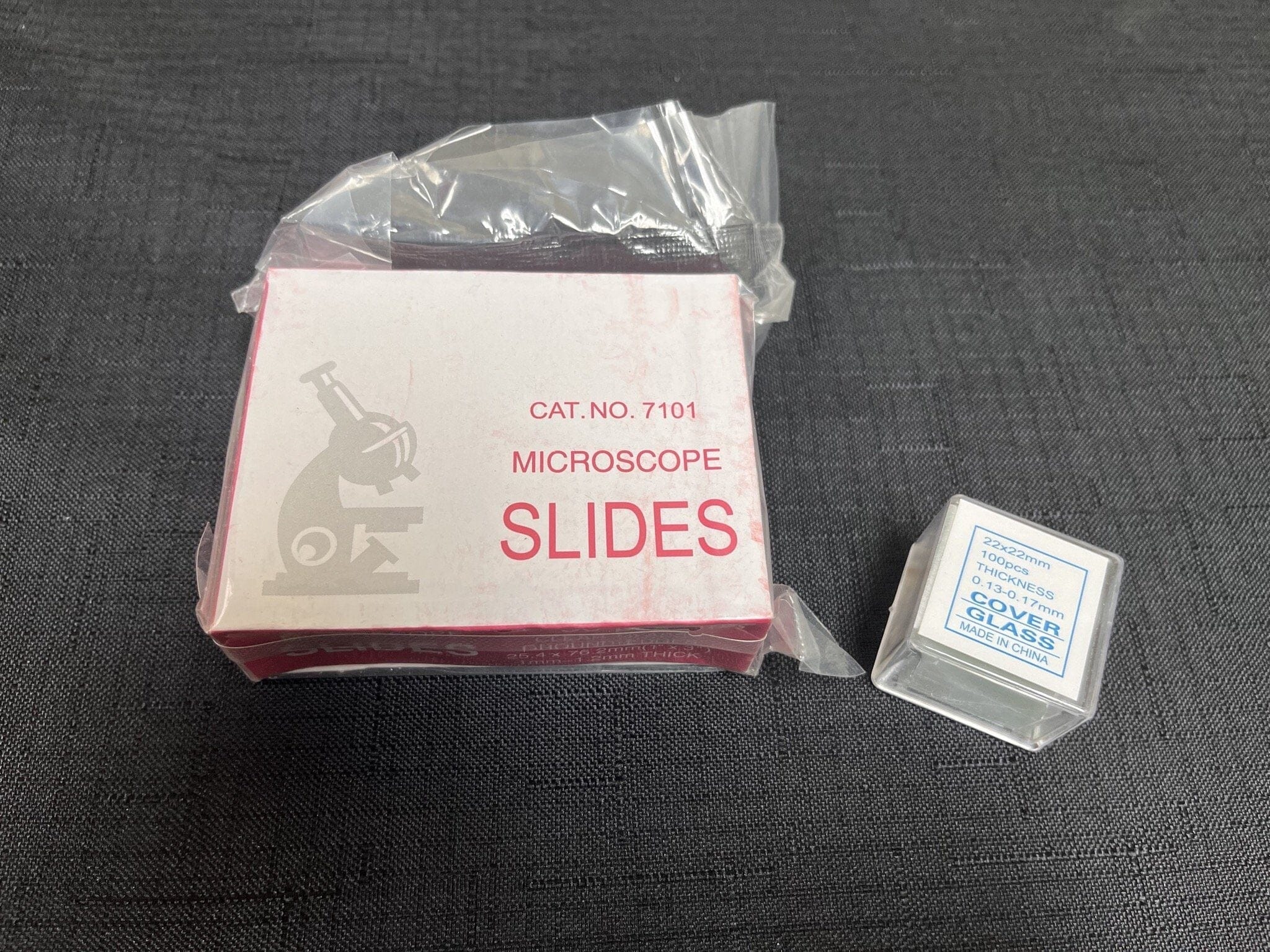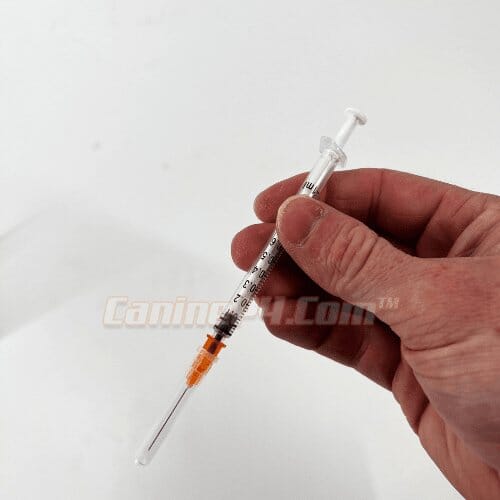Menu
Inflammation In Dogs! Can You Test Your Dog(s) In-house?
Inflammation In Dogs! Inflammation Detection With The Finecare Vet CRP Test. Check Out How This Simple Test Can Help You!
Inflammation is a natural response of the body to injury or infection. It is a vital part of the immune system's defense mechanism. Similar to humans, dogs can also experience inflammation. However, unlike humans, dogs cannot directly communicate their discomfort or pain. Therefore, diagnosing inflammation in dogs can be quite challenging. One effective tool in diagnosing inflammation in dogs is the c-reactive protein (CRP) test. CRP is a protein produced by the liver in response to inflammation. When an area of the body is inflamed, CRP levels increase in the bloodstream. By measuring the concentration of CRP in a dog's blood, breeders using and in house test, can identify the presence and severity of inflammation.
The c-reactive protein test serves as a valuable diagnostic tool as it provides objective measurements of inflammation in dogs. It can help your vet determine the underlying cause of the inflammation, monitor the response to treatment, and assess the overall health status of the dog.
To perform a c-reactive protein test, a small blood sample is collected from the dog. The sample is then analyzed using a simple in house rapid test or tests that run on the equipment you now own like the Finecare and others. The CRP level is measured, and the results are provided to your veterinarian if they indicate high inflammation levels.
The c-reactive protein test is particularly useful when diagnosing chronic or systemic inflammation, such as arthritis, autoimmune disorders, and infectious diseases. It aids in early detection and accurate diagnosis, enabling your veterinarian to develop appropriate treatment plans tailored to the specific needs of the dog.
In conclusion, inflammation in dogs is a common condition that can be challenging to diagnose without accurate tools. The c-reactive protein test plays a crucial role in identifying inflammation by measuring the levels of CRP in the dog's blood. This test assists your veterinarian in diagnosing and treating various inflammatory conditions, ultimately improving the overall health and well-being of our canine companions.
New! Finecare Vet Crp In House Inflammation Testing! Easy, Fast, And Inexpensive At $9 Per Test!
What Are The Safety Concerns For Dogs That Have Inflammation?
When it comes to high levels of inflammation in dogs, there are a few important safety concerns that pet owners should be aware of. Inflammation can affect various parts of a dog's body, including their joints, skin, and internal organs. This can lead to discomfort, pain, and potential health complications if not properly managed. To ensure the well-being of your furry companion, it is crucial to address these safety concerns and take appropriate measures. Here are some key points to consider:
1. Joint Health: inflammation in Dogs often experience joint pain and stiffness. It is essential to create a safe environment that minimizes their risk of falls or injuries. Provide secure footing with rugs or mats on slippery surfaces, such as hardwood floors or tiles. Avoid activities that strain their joints, such as jumping or excessive running.
2. Diet and Nutrition: Proper nutrition is crucial for managing inflammation in dogs. Consult with a veterinarian to determine the most suitable diet for your pet's condition. They may recommend anti-inflammatory foods or supplements, such as those rich in omega-3 fatty acids. Ensure a balanced diet suitable for your dog's specific needs and monitor their weight to prevent any additional strain on their joints.
3. Exercise: Regular exercise is essential for overall health, but it should be tailored to the individual dog's condition. Engage in low-impact activities that promote joint flexibility, such as gentle walks or swimming. Avoid intense exercise or activities that put excessive strain on their already inflamed joints.
4. Medication and Treatment: Depending on the underlying cause of inflammation, the veterinarian may prescribe medication to alleviate pain and reduce inflammation. It is crucial to follow the medication schedule and dosage instructions precisely. If side effects are observed, contact the veterinarian immediately.
5. Environmental Hazards: Inflammation can weaken a dog's immune system, making them more susceptible to infections or other environmental hazards. Pay attention to potential allergens in your dog's surroundings, such as certain plants, cleaning products, or chemicals. Maintain a clean and safe living environment, reducing exposure to potential triggers.
6. Regular In House Testing and Veterinary Check-ups: Routine in house testing can be done to monitor your dog. Check-ups with your vet for managing any inflammation you may find using your in house testing method is important. Regular examinations, blood work, and imaging tests can help identify any changes in their condition. Your veterinarian may suggest adjustments to the treatment plan or recommend additional therapies if necessary.
7. Stress Management: Stress and anxiety can exacerbate inflammation and impact a dog's overall well-being. Create a calm and soothing environment for your pet, offering them plenty of mental and physical stimulation, such as puzzle toys or interactive play. Utilize relaxation techniques, such as aromatherapy or gentle massage, to help reduce stress levels.
By considering these safety concerns for your dogs with high levels of inflammation and taking appropriate measures, like monitoring you dog(s) with on going in house testing will go a long way to enhance their comfort, well-being, and quality of life. However, it is important to consult with a veterinarian if your in house testing indicates inflammation or if your observations of your dogs behavior may indicate they have this problem. Your vet can provide personalized advice and guidance based on your dog's specific needs and condition.
What Are Symptoms For Dogs That Have Inflammation?
Inflammation can cause a variety of symptoms in dogs. Here are some key signs to watch out for in canines experiencing high levels of inflammation:
1. Persistent Lameness: Dogs with inflammation may exhibit persistent lameness, often favoring a specific limb or showing reluctance to put weight on it.
2. Swelling: Visible swelling, particularly around joints or body parts, can indicate inflammation in dogs. This swelling could be accompanied by heat or tenderness in the affected area.
3. Joint Stiffness: Inflammation can lead to joint stiffness and reduced range of motion. Dogs may find it difficult to move around or experience discomfort when attempting certain movements.
4. Chronic Pain: Dogs suffering from inflammation often experience chronic pain. They may exhibit signs of discomfort such as restlessness, whimpering, or withdrawal from regular activities.
5. Skin Issues: Inflammation can manifest as skin problems in dogs. Look out for redness, rash, itching, or hot spots on the skin. These symptoms often indicate an underlying inflammatory condition.
6. Digestive Disturbances: Dogs with inflammation may experience digestive disturbances like vomiting, diarrhea, or excessive gas. These can be a result of inflammation affecting the gastrointestinal tract.
7. Respiratory Problems: Inflammatory conditions can impact a dog's respiratory system, leading to symptoms such as coughing, wheezing, or difficulty in breathing.
8. Lethargy: Dogs with high levels of inflammation may appear lethargic or tired most of the time. This lack of energy is a common symptom and is often associated with their body working to combat the inflammatory response.
9. Changes in Appetite: Inflammation can influence a dog's appetite. They may show a decreased appetite or a sudden increase in hunger due to the body's metabolic response to inflammation.
10. Behavioral Changes: Dogs experiencing inflammation may exhibit behavioral changes. They may become irritable, anxious, or exhibit signs of aggression, which can be attributed to discomfort or pain associated with inflammation.
Please note that if your dog is displaying any of these symptoms, it is advisable to run a CRP in house test and then to consult with a veterinarian for a comprehensive evaluation and proper diagnosis.
New! Many Options for In House Finecare CRP Testing, Easy To Use, and Effective, Check It Out!
What Are The Treatment Options For Inflammation In Dogs?
When it comes to managing high levels of inflammation in your canine companion, there are several effective treatment options available. These treatments are designed to alleviate discomfort, reduce swelling, and promote a speedy recovery. By following the instructions provided below, you can ensure that your furry friend receives the necessary care they need to overcome inflammation.
1. Non-Steroidal Anti-Inflammatory Drugs (NSAIDs): - Administer NSAIDs as prescribed by your veterinarian. - Follow the recommended dosage and frequency strictly. - Monitor your dog for any adverse reactions and report them to your vet immediately.
2. Corticosteroids: - Consult with your vet to determine if corticosteroids are appropriate for your dog's condition. - Administer corticosteroids according to the prescribed dosage and duration. - Follow your vet's advice when it comes to gradually reducing the dosage to prevent any adverse effects.
3. Nutritional Supplements: - Consider incorporating omega-3 fatty acids into your dog's diet. - Consult your vet for specific recommendations on appropriate supplements.
4. Rest and Restricted Activity: - Ensure your dog has a comfortable, quiet space to rest. - Limit physical activity to prevent further inflammation and aid in recovery.
5. Cold Compresses: - Apply cold compresses to the affected area to alleviate swelling and discomfort. - Use a clean cloth or towel soaked in cold water, or a pack of frozen vegetables wrapped in a cloth.
6. Physical Therapy: - Consult with a veterinary professional who specializes in physical therapy for animals. - Follow the recommended exercises and techniques to reduce inflammation and promote healing.
7. Surgical Intervention: - In severe cases, surgical intervention may be necessary. - Consult with a veterinary surgeon for further guidance in such situations. Remember, it is important to consult with your veterinarian before starting any treatment regimen for your dog's high levels of inflammation. They will provide you with specific instructions and tailor the treatment plan according to your dog's individual needs. Following their advice diligently will result in the best possible outcome for your furry friend's health and well-being.
Check Out These Top Listings For Additional Info On Inflammation.
Looking for dog breeding supplies? Check out our ever-growing array of products Here
Finecare Vet Inhouse Testing For Progesterone, CRP, T4, Cortisol, And More!
Breeders Tech Center In Neenah Wisconsin. Home for CanineP4! It's Where It All Happens!
844-673-7378 Call For Appointment.
- Choosing a selection results in a full page refresh.
Quick Links
Information Links
Our mission
All of the CanineP4 Team members are dedicated to getting the best product fits for every customer we serve! Along with ongoing support via Chat, Email, or Phone! All with the best pricing available! Call us at 844-673-7378 we will be waiting to serve you!
© 2025, CanineP4.com
